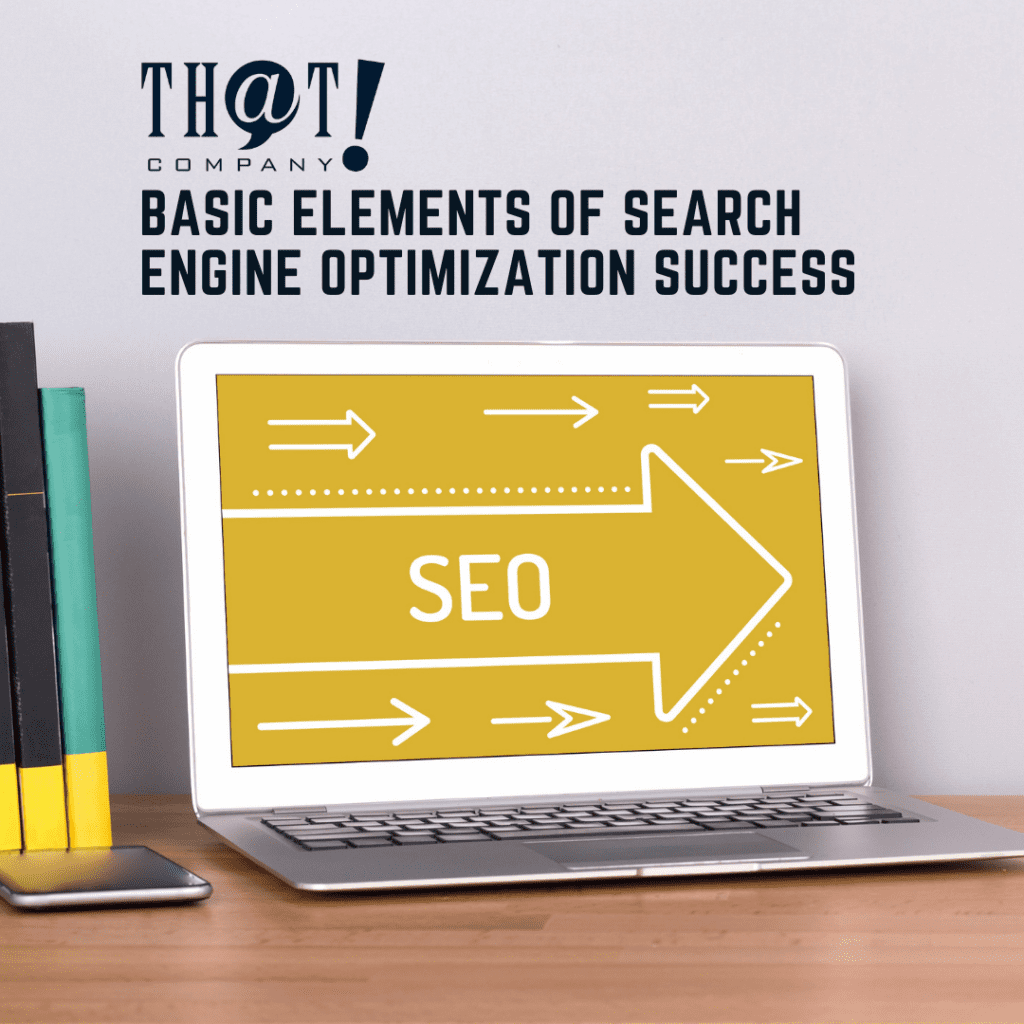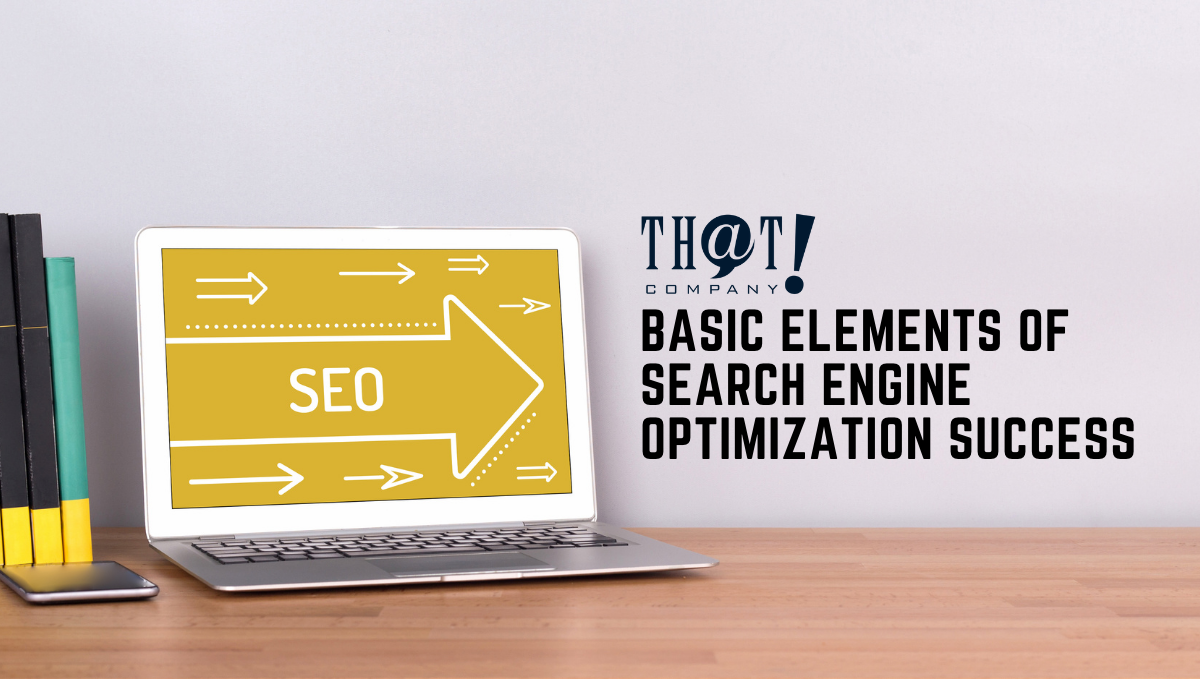The basic elements are those that you must address to develop and maintain a successful search engine optimization campaign. There are many basic key elements for search engine optimization campaign management and I will cover some, but not all, of these basic elements below.
Response Code Errors
What are response code errors? Response codes are messages from the server letting you know how things went when it received the request to view a certain page. Response code errors are generally either server-side or client-side errors displayed when there is a problem with the request.
Generating fully operating response codes is one of the basic elements of search engine optimization.
5XX Errors
 What are 5xx errors? These server-side fatal errors will prevent anyone, including search engines, from accessing your website. They are normally caused by a programming bug or a server misconfiguration.
What are 5xx errors? These server-side fatal errors will prevent anyone, including search engines, from accessing your website. They are normally caused by a programming bug or a server misconfiguration.
If a search engine is unable to access your site due to a 5xx server-side error you may experience a poor search engine optimization result.
4XX Errors
What are 4xx errors? These client-side errors normally occur because a page does not exist (404), it requires authentication (401) or it is forbidden to access the page (403). Make sure you deal with each type of code appropriately to ensure the page can be crawled.
If a search engine is unable to access pages on your site due to a 4xx client-side error you may experience a poor search engine optimization result.
Links Issues
What are links? Links can be either internal or external. Internal links point to other pages or resources on your site. External links point to pages or resources on other sites or sources not located on your site.
Correctly working links are one of the basic elements of search engine optimization.
Broken Internal Links
What are broken internal links? An internal link points to another page that exists on your server and is considered broken when the page cannot be accessed. This could be because it does not exist or there is an error trying to connect to it. Make sure the URL is inputted correctly and that you clear up any issues with the page. Excessive broken links will not only impact your visitor’s experience, but it may also cause search engines to diminish the importance of your website.
Redirect Links
What are redirect links? Links to redirected pages involve a network overhead and potentially slower navigation for the end-user. It could also negatively impact the SEO. For this reason, it’s generally preferred to have direct links rather than redirects.
Broken External Links
What are broken external links? An external link links to another website and is considered broken when the page cannot be accessed. Since the linking website is not under your control, your best option is to remove the link. Otherwise, this will diminish the reliability of your website according to a search engine or visitor.
Page Title Issues
 What is a page title? A page title or title tag, is a brief description of a webpage and appears at the top of a browser window and in SERPs and is a critical element for search engine optimization and should include a page’s keyword.
What is a page title? A page title or title tag, is a brief description of a webpage and appears at the top of a browser window and in SERPs and is a critical element for search engine optimization and should include a page’s keyword.
Correctly formatted page titles are one of the key basic elements of search engine optimization.
Duplicate Page Titles
What are duplicate page titles? A page title is considered to be a duplicate if it matches the exact title of another page. Duplicate titles will diminish the quality of a page since it is unclear which page has more relevance to a given topic. Furthermore, it will also confuse the user when navigating your site.
Long Page Titles
What is a long page title? Any title with more than 70 characters, depending on the pixel count of the characters in use, is generally considered to be too long. Most search engines and sites will automatically shorten such a long title. A long title could penalize your site especially if you are keyword stuffing.
Keep in my that the current Google specifications for page titles are different for mobile and desktop. Desktop character count is approximately 50 – 60 characters depending upon the pixel size of the characters in use.
Short Page Titles
What are short page titles? Page titles containing 30 characters or less do not provide enough information about what your web page is about and limit your page’s potential to show up in search results for different keywords.
The page title is best used to its fullest when you use the available character count to best describe your page to users and the search engines.
Missing Page Titles
What are missing page titles? A <title> tag is one of the most important components of a page. It is often used as a link to your page on a search engine results page and is meant to describe the purpose of the page in a few words to a user.
[bctt tweet=”The basic elements are those that you must address to develop and maintain a successful search engine optimization campaign.” username=”ThatCompanycom”]Meta Description Issues
What are meta descriptions? A meta description is a hidden tag that describes the purpose of a page. Search engines may use this description in the listing for the site and in determining the topic of the page.
Properly formatted meta descriptions are one of the basic elements of search engine optimization.
Duplicate Meta Descriptions
What are duplicate meta descriptions? If the same description is used on other pages, it may be is difficult to differentiate between pages. Make sure meta descriptions are unique and use topical keywords to describe the content of the page.
Missing Meta Description
What are missing meta descriptions? Missing meta descriptions are just that, missing! Make sure each of your pages has a meta description that is unique and topical.
H1 Tag Issues
What are <h1> tags? The <h1> tag is an HTML tag that indicates a heading on a website that should contain the page’s keyword.
The <h1> tag is one of the basic elements of search engine optimization.
Multiple H1 Tags
What are multiple h1 tags? It is best to have only one H1 tag on a page to specifically define its topic. Multiple H1 tags can confuse a search engine or a user in determining the focus of the page.
Matching H1 and Title Content
What is matching h1 and title content? Using the same title as your H1 content is an ineffective way of defining the page topic. Use this opportunity to create two distinct phrases that illustrate the purpose of the page. Using matching h1 tags and title content can be a negative indicator in a search engine’s ranking factor.
Using unique h1 tags and title content per page is just one of the basic elements of search engine optimization.
Missing H1
What are missing h1 tags? H1 tags are considered to be the main heading of a page and are used to help define the topic of the page. Creating a descriptive heading is an effective way to improve your search engine presence and make it easier for a user to navigate your page.
Missing h1 tags can be a negative indicator in a search engine’s ranking factor.
Canonical Tag Issues
What are canonical tags? Canonical tags are used to identify a duplicate page so that Google only indexes one URL. They help to avoid duplicate content when unique content is accessible via multiple URLs.
Correct usage of canonical tags is one of the basic elements of search engine optimization.
Overused Canonical Tags
What are overused canonical tags? Overused canonical tags are when too many pages have the same canonical tag. Make sure that each of your pages is not pointing to the same page or else it will be the only one page indexed.
Missing Canonical Tags
What are missing canonical tags? Missing canonical tags are just that, missing! Defining a correct canonical tag for all pages will keep them away from possible duplicate issues.
In Review
If you are considering launching a search engine optimization campaign or looking for a new search engine optimization campaign management agency, consider asking some or all of the questions above to any prospective search engine optimization campaign management agency. You will discover the difference and experience offered by That Company over all the others.































